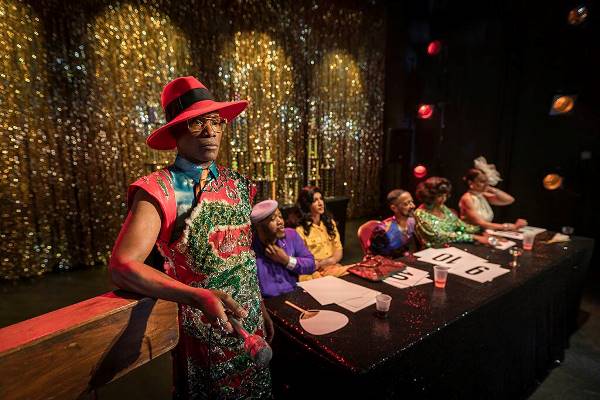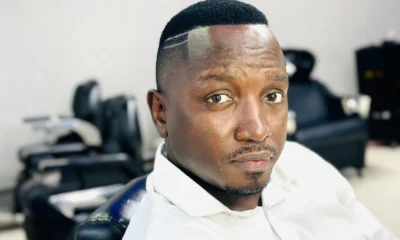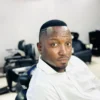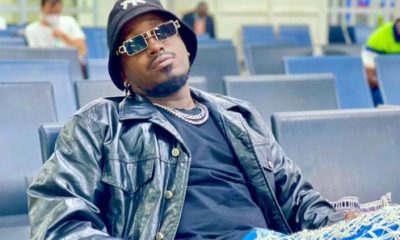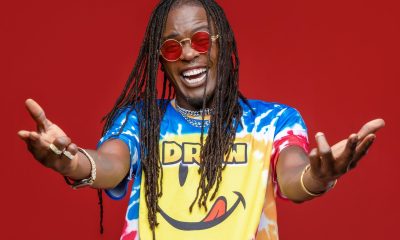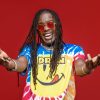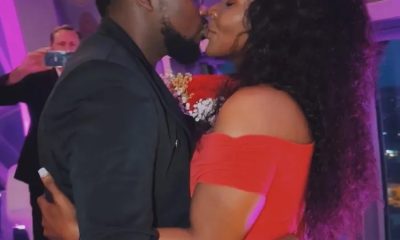Gossip
‘Pose’ finally adds up- Billy Porter

Billy Porter in one of the pose episodes.
He’d already made a splash on the 2019 Golden Globes carpet, living for the hot pink satin-lined reveal of his glorious Randi Rahm cape. And he’d caught the eye of Glenn Close and pretty much every editor tasked with putting together a best dressed list when he wore a custom Christian Siriano tuxedo-ballgown hybrid to the Oscars. So when Pose standout Billy Porter was told to bring camp to this May’s Met Gala, he did the absolute most.
“Any success I’ve had prior to Pose was me being campy so I know how to do that,” he explained to The Guardian this past fall. So borrowing from an idea pitched by show creator Ryan Murphy, he tasked stylist Sam Ratelle and fashion brand the Blonds with putting together a sun god-themed golden jeweled catsuit complete with 10-foot wings, a 24-carat headpiece and six topless men to carry him into the event atop a velvet chaise, a move that Vogue labeled, “the most fabulous entrance in Met Gala history.”
For the truly indoctrinated, the longtime Broadway vet has been happening for years, his breakthrough traced to his lead role as cabaret star and drag queen Lola in 2013’s Kinky Boots—a part that earned him a Tony and a Grammy—or possibly even earlier, to when he was cast as Belize in the New York Signature Theatre Company’s 20th-anniversary production of Angels in America.
But the Pennsylvania native truly exploded into public consciousness with a twirl and, of course, a pose. At 2019’s Golden Globes, he was nominated for his work as say-it-like-it-is ballroom emcee Pray Tell on Pose, a critically-acclaimed series offering a look at New York’s LGBTQ ball culture in the ’80s, the space where the concepts of Vogueing and strutting were first invented.
He pitched himself as one of the mothers of the house and was told of Murphy’s plan to make them all transgender “which is the truth, which really excited me,” he said. So he tried another tack: “I said, ‘But wouldn’t you need a father figure over there. In that world, wouldn’t you need a godfather, like somebody who’s an energy that is older perhaps.”
The first decade of his career was a slog to be sure as he worked on Broadway and secured an R&B record deal. “The homophobia, the systematic homophobia, in the business at large, the attack on my masculinity really lead me to a crossroads because it was like, ‘Well you have to fix yourself or you won’t ever have success,'” he said. “We talk about authenticity. We throw that word around all the time. I always say it’s easy to be who are, when what you are is what’s popular. What I am and who I am, it ain’t popular.”
Comments



